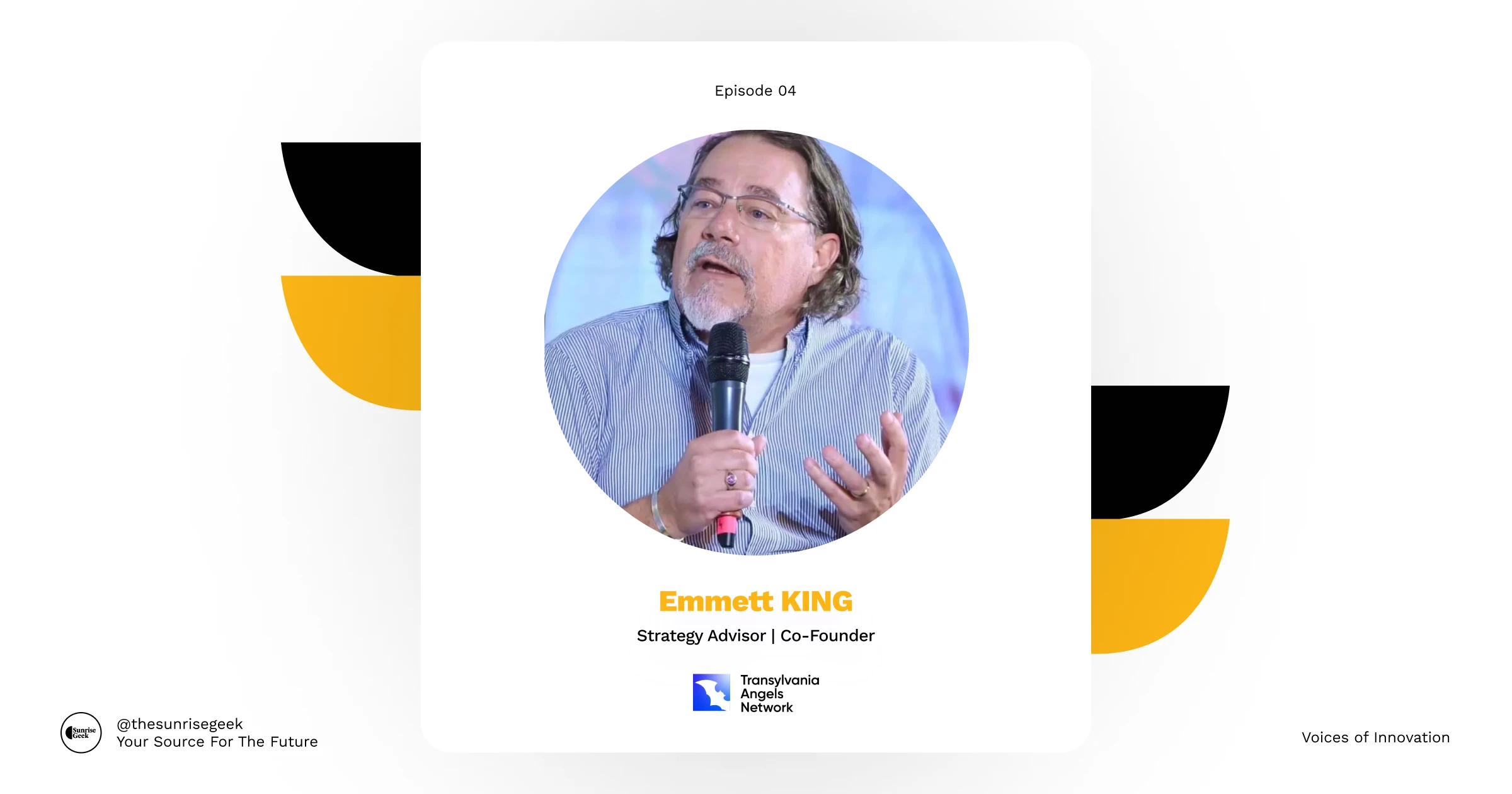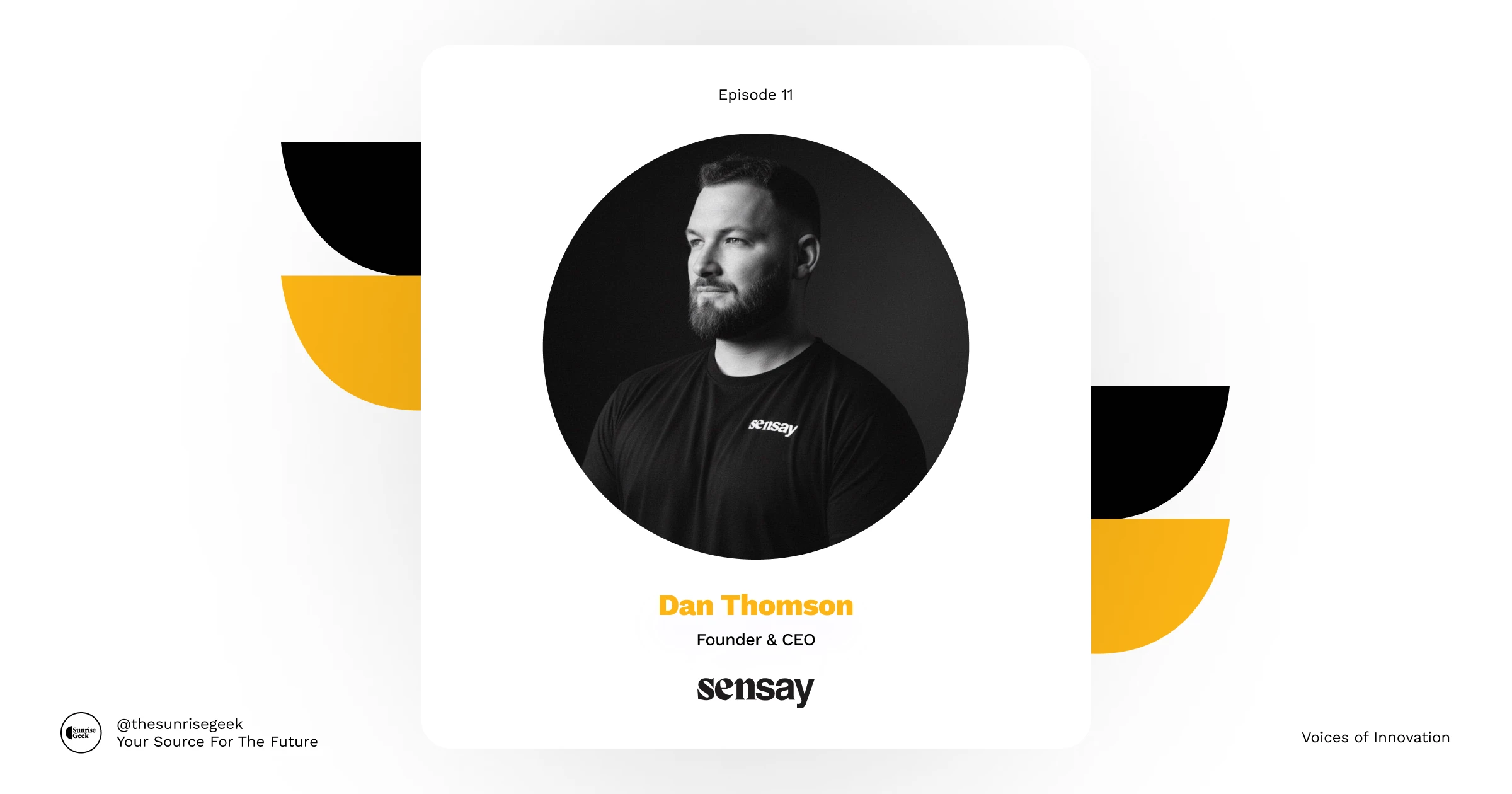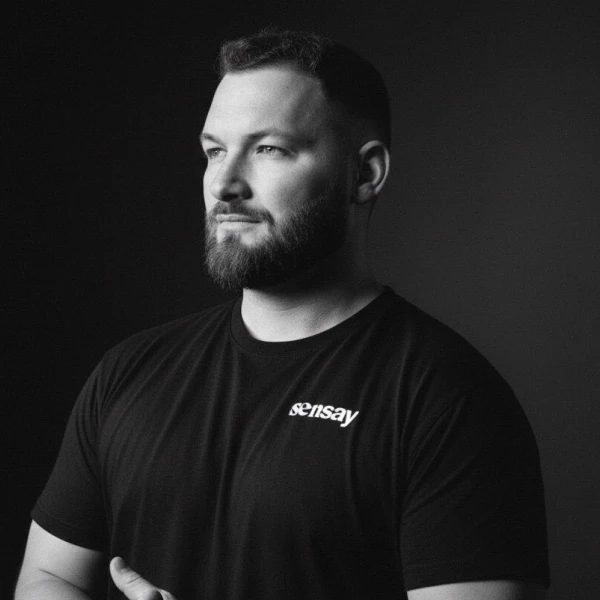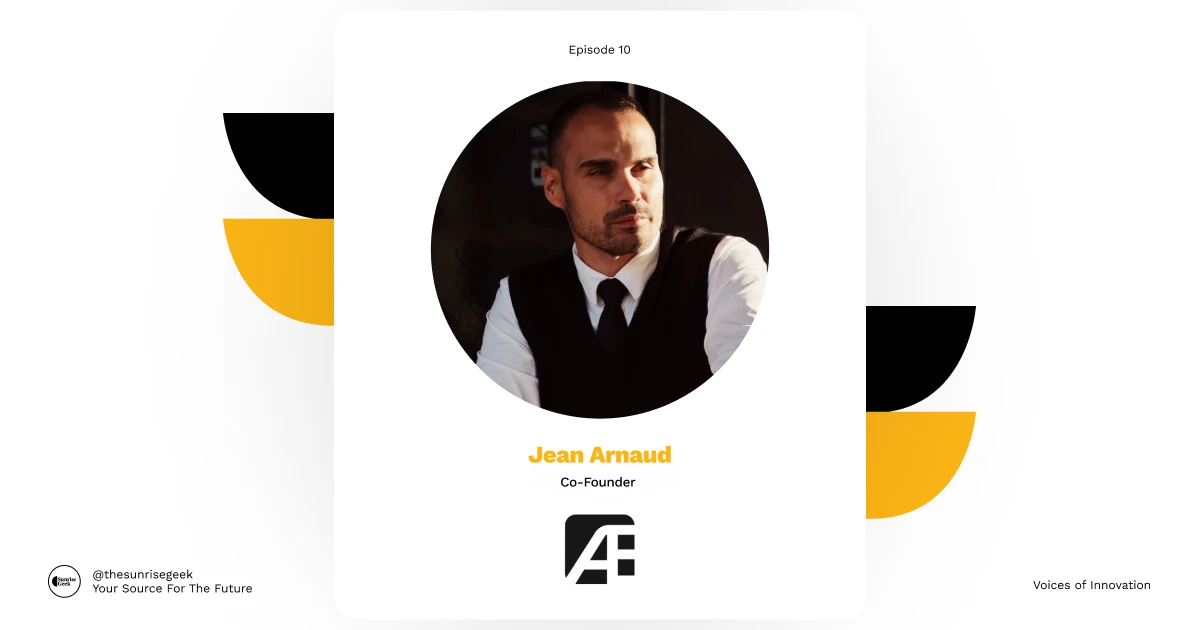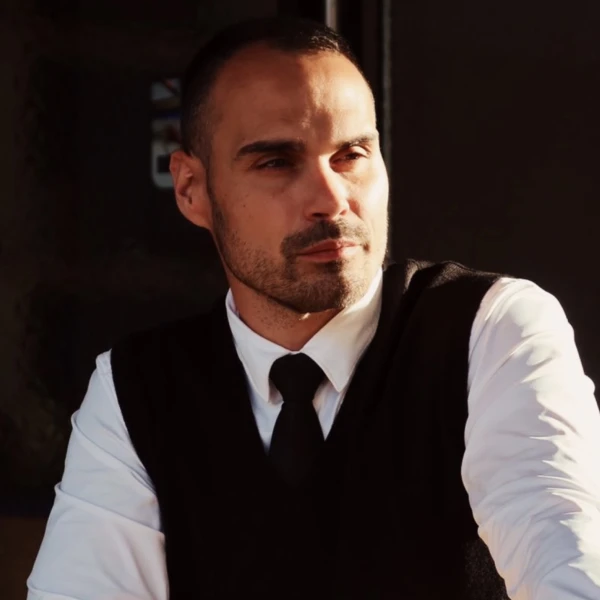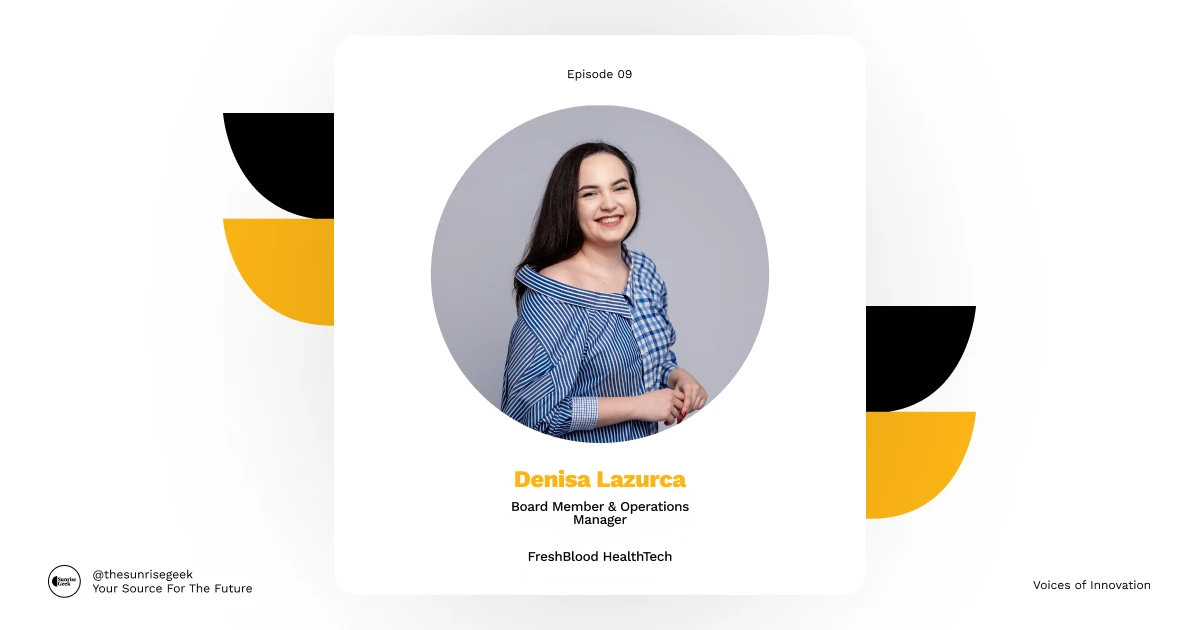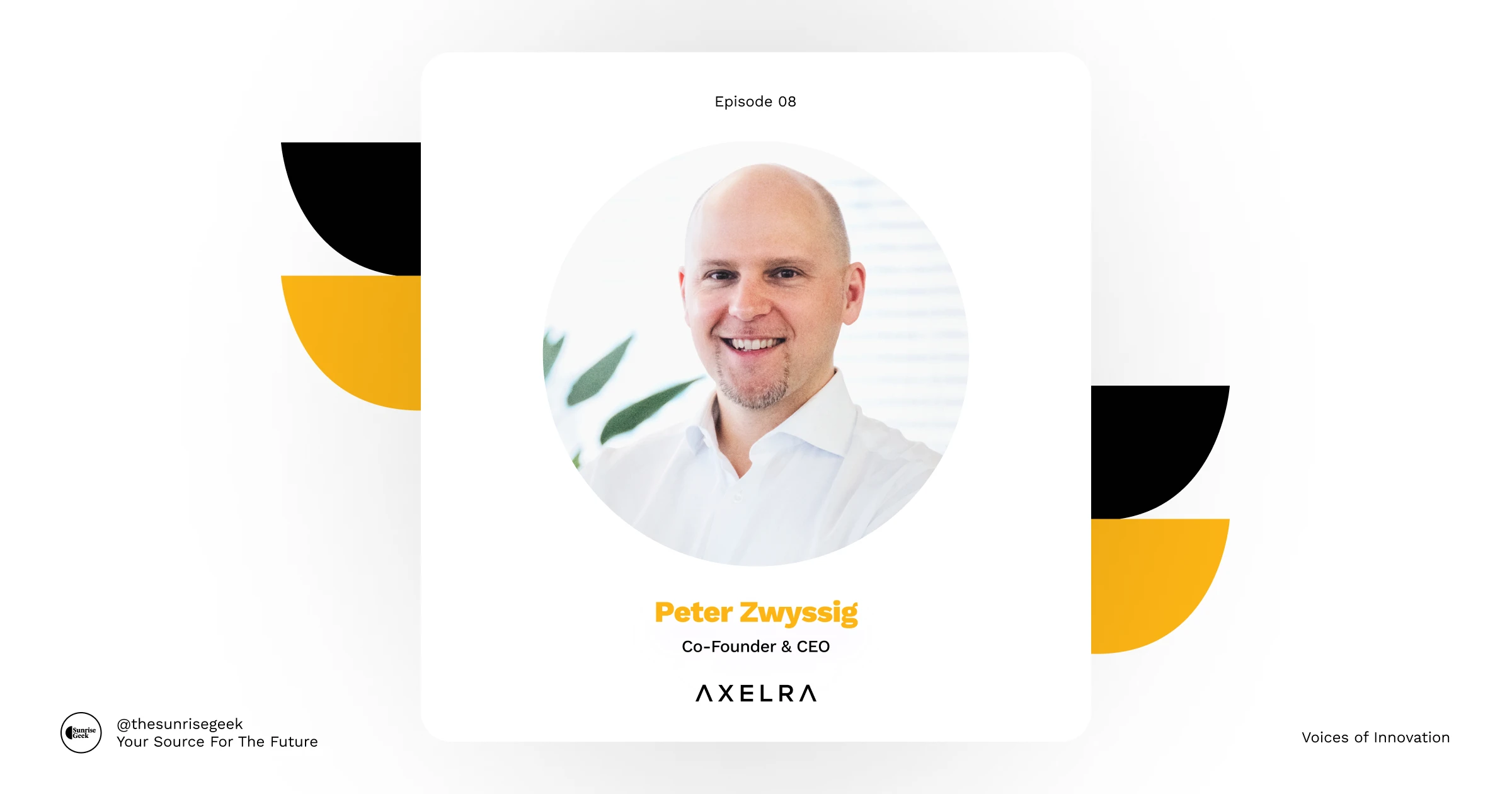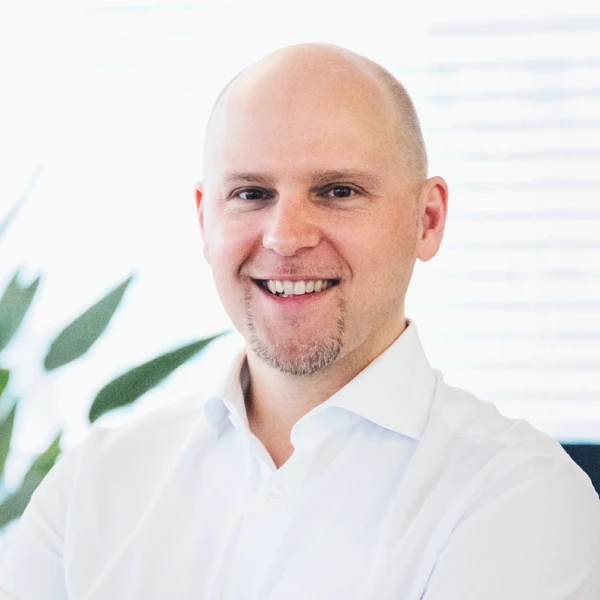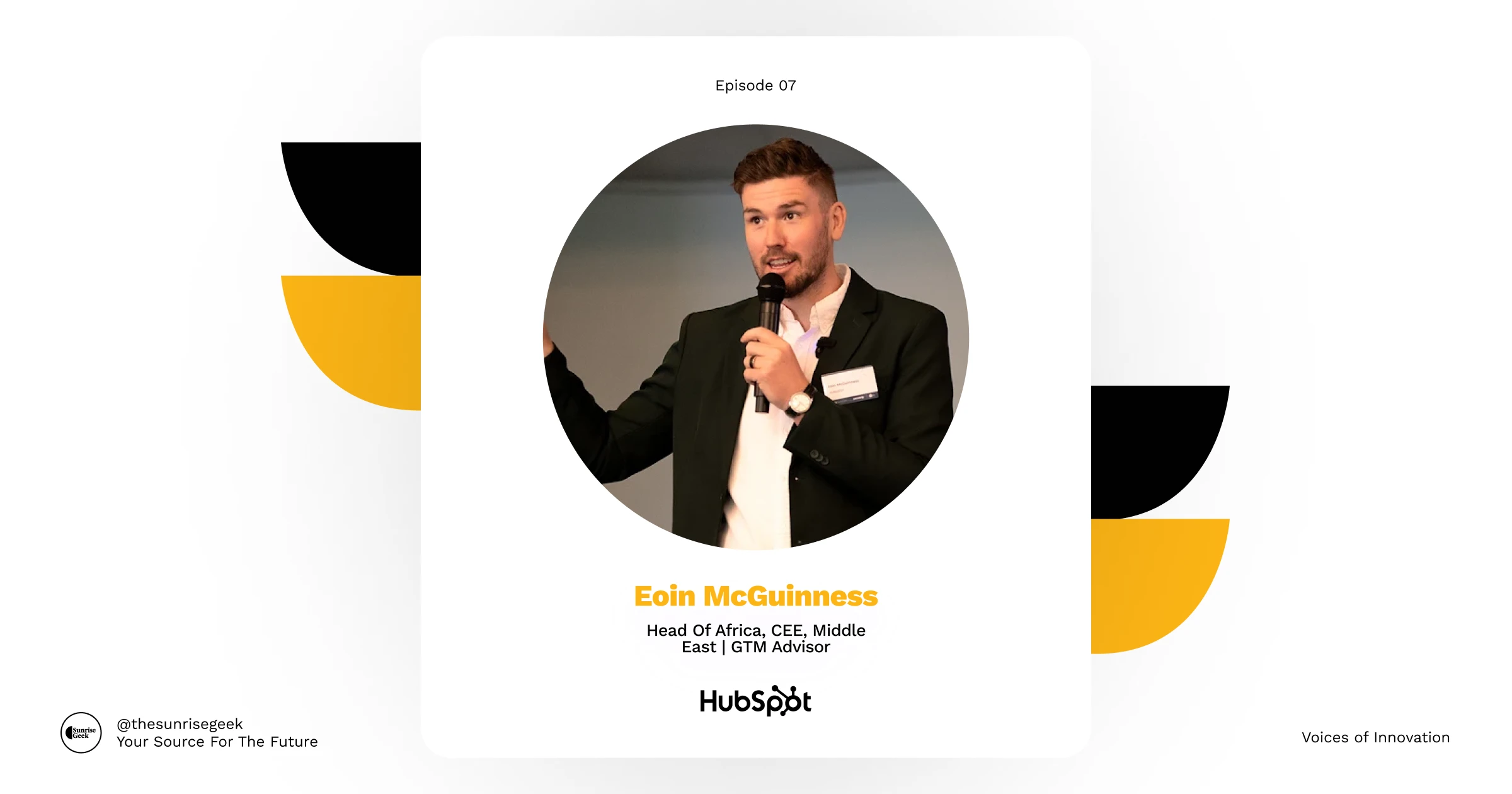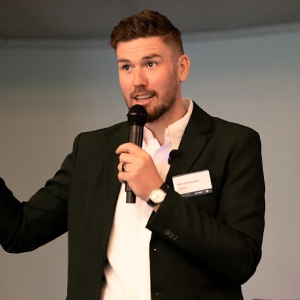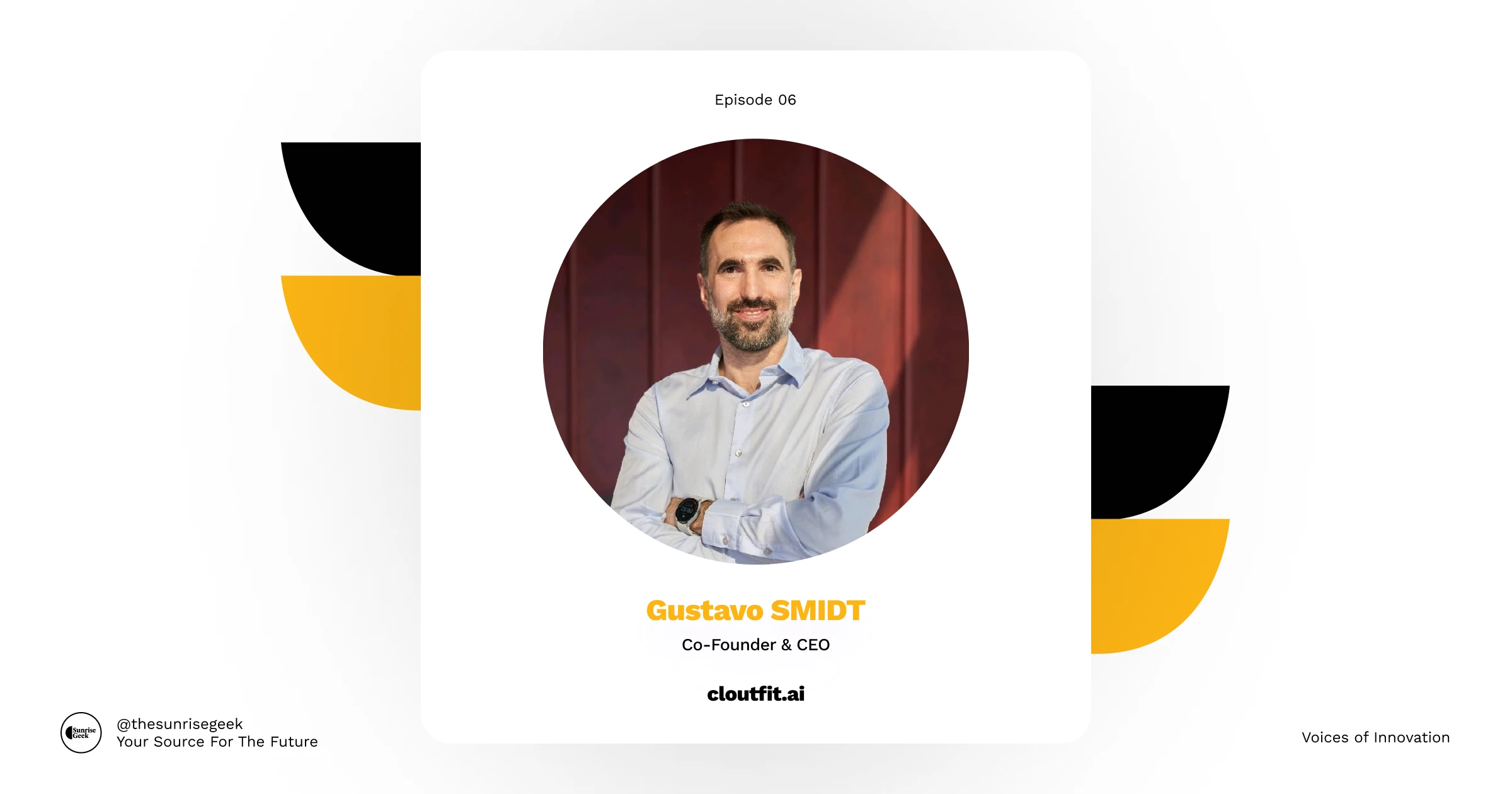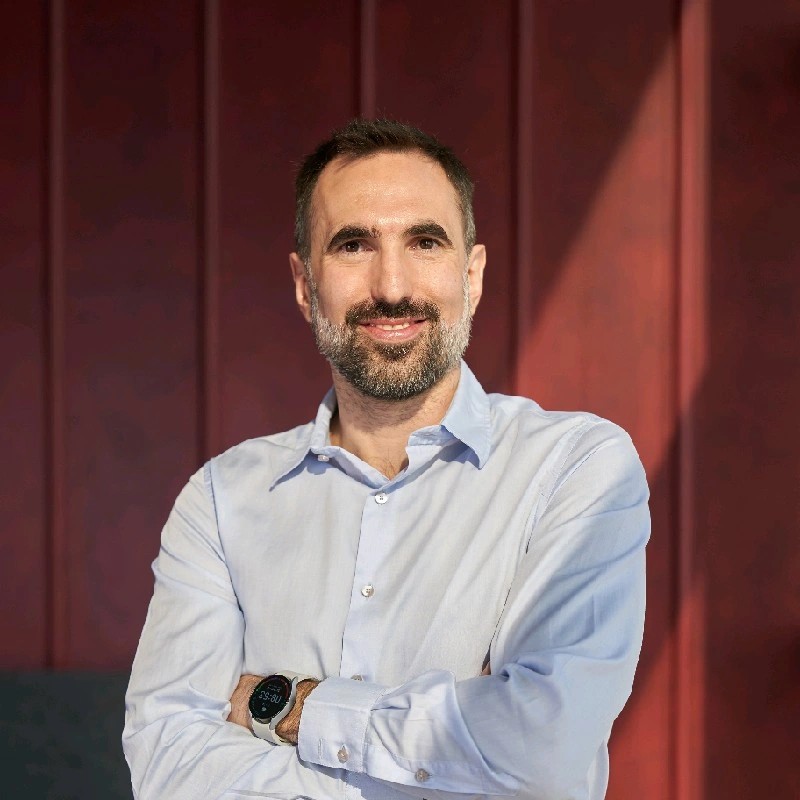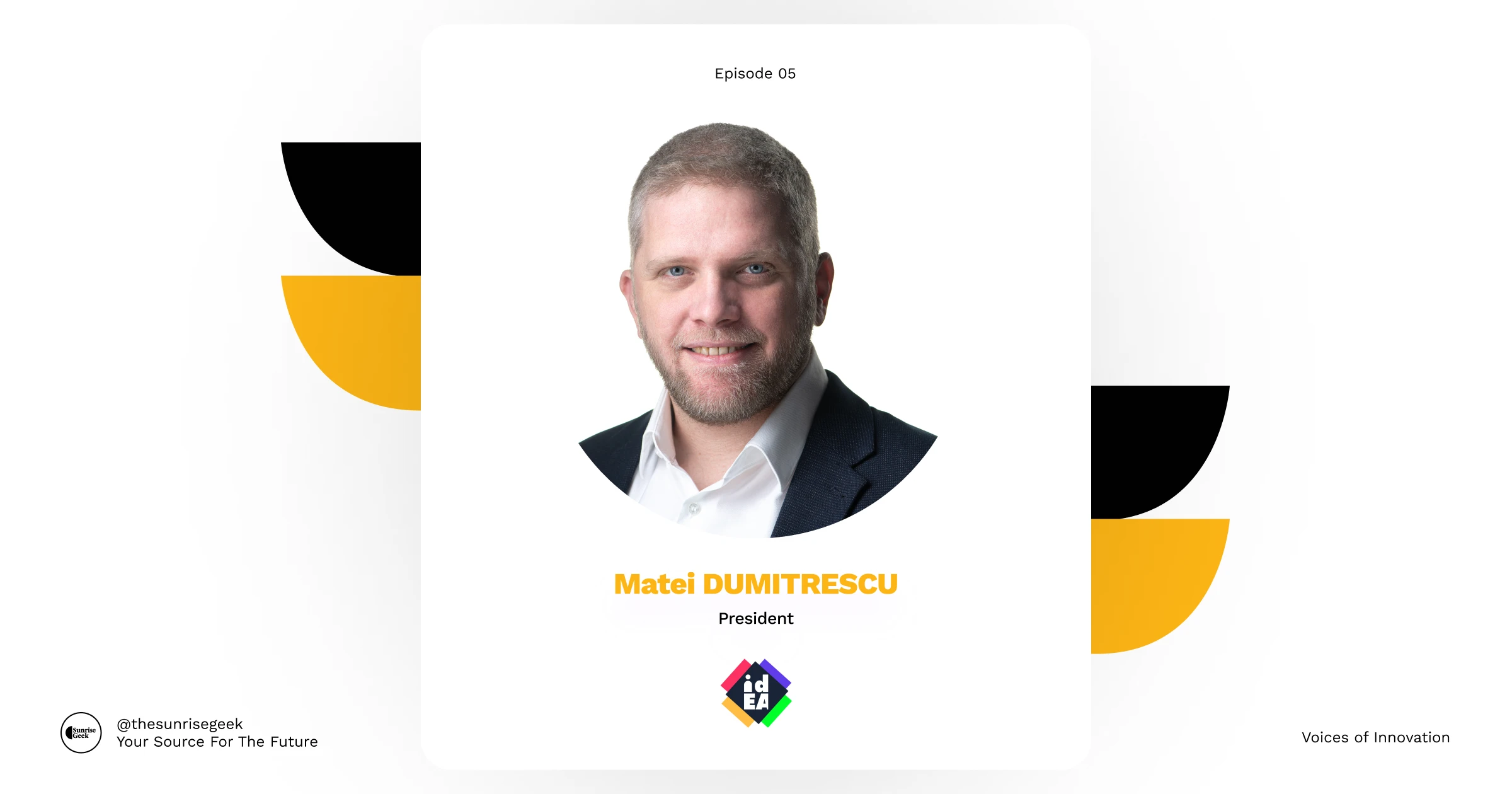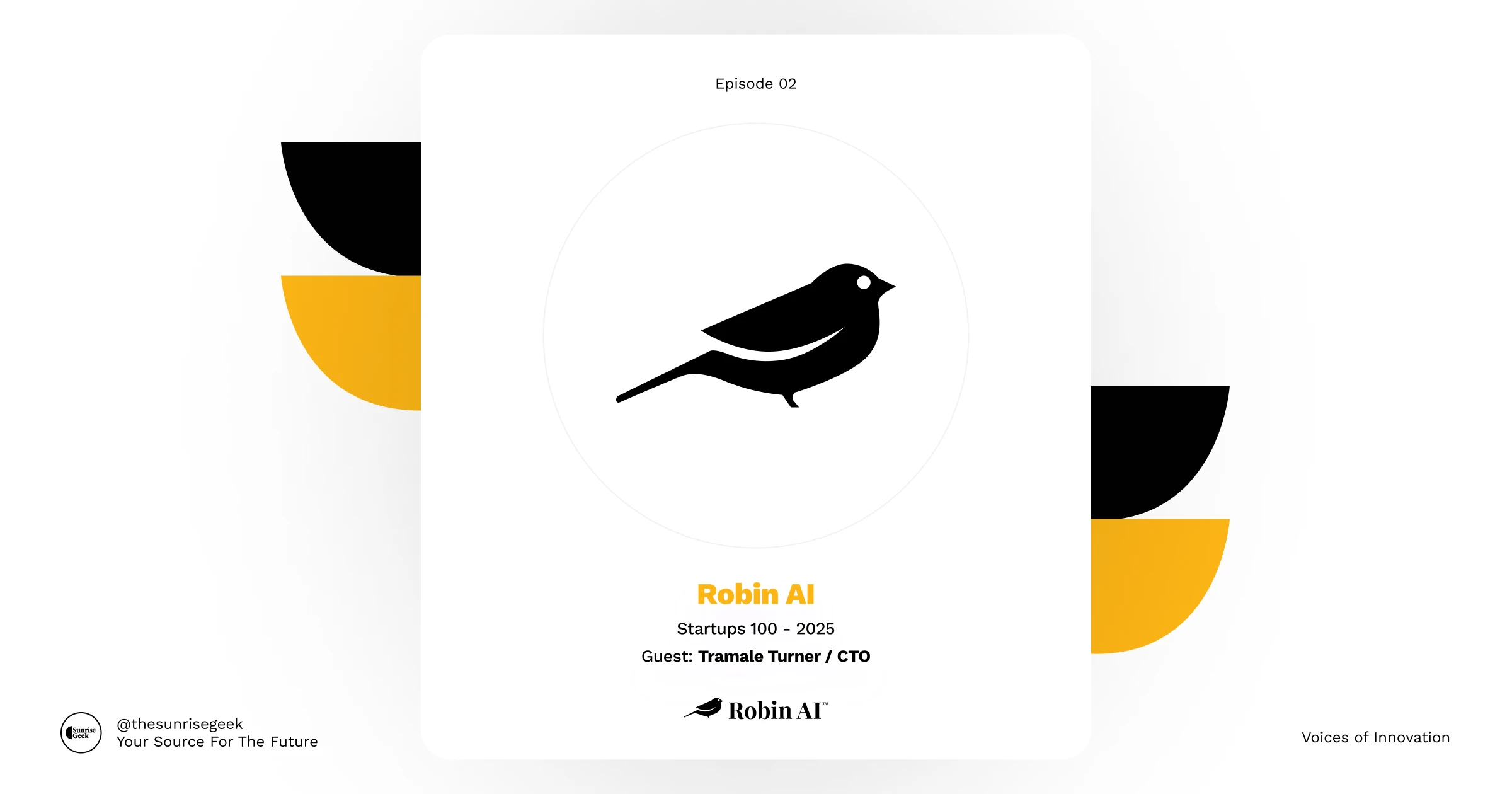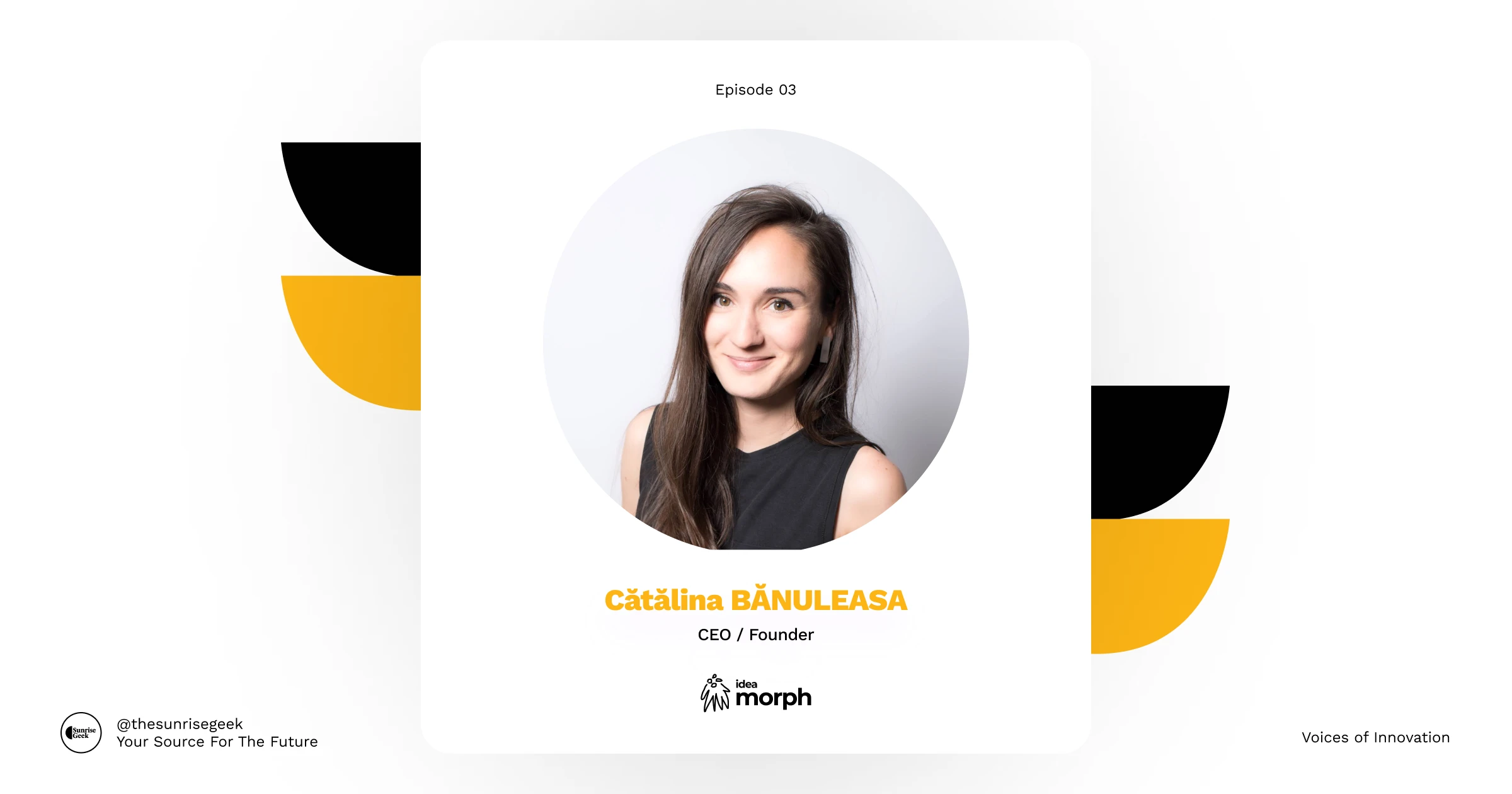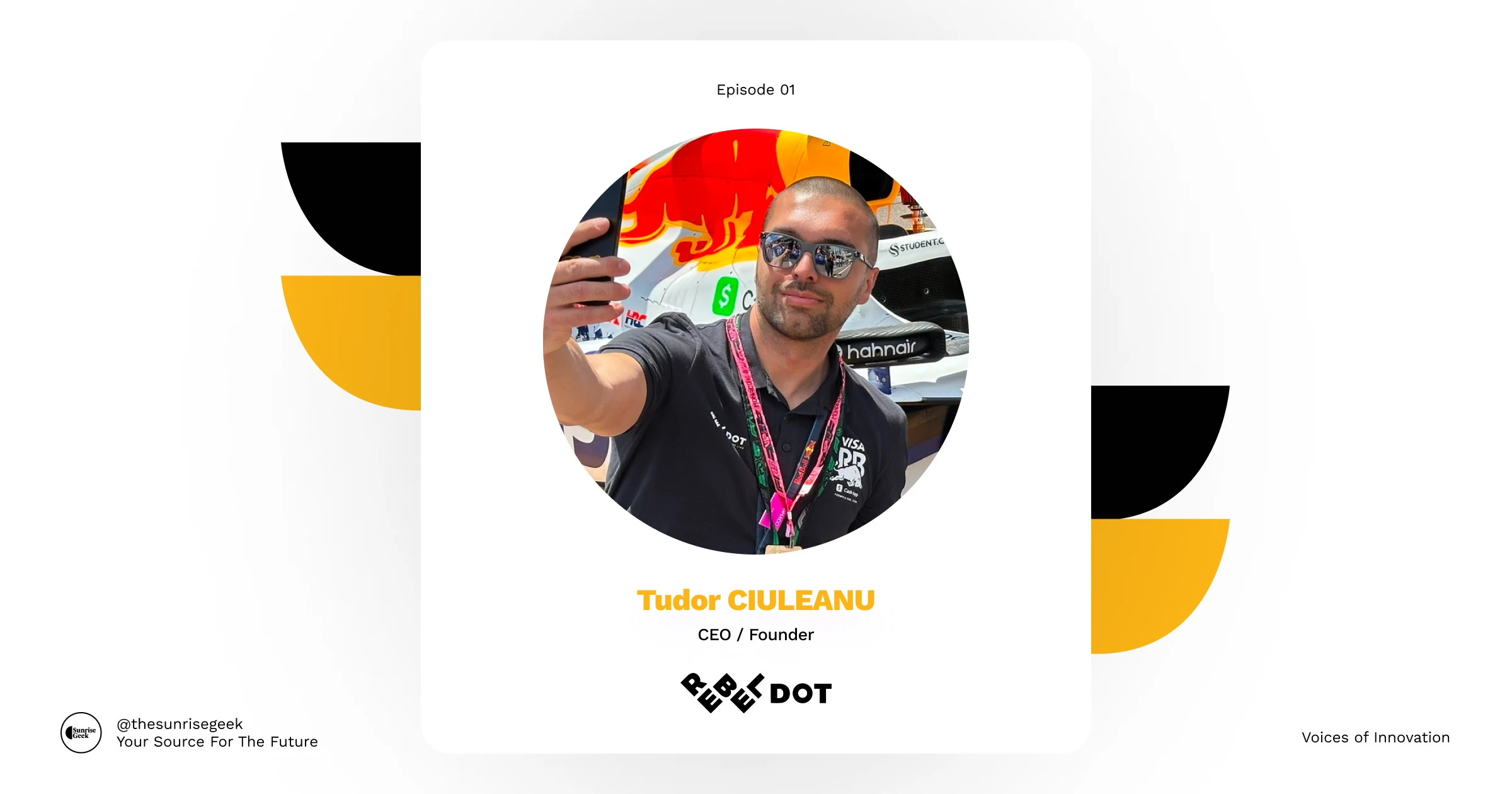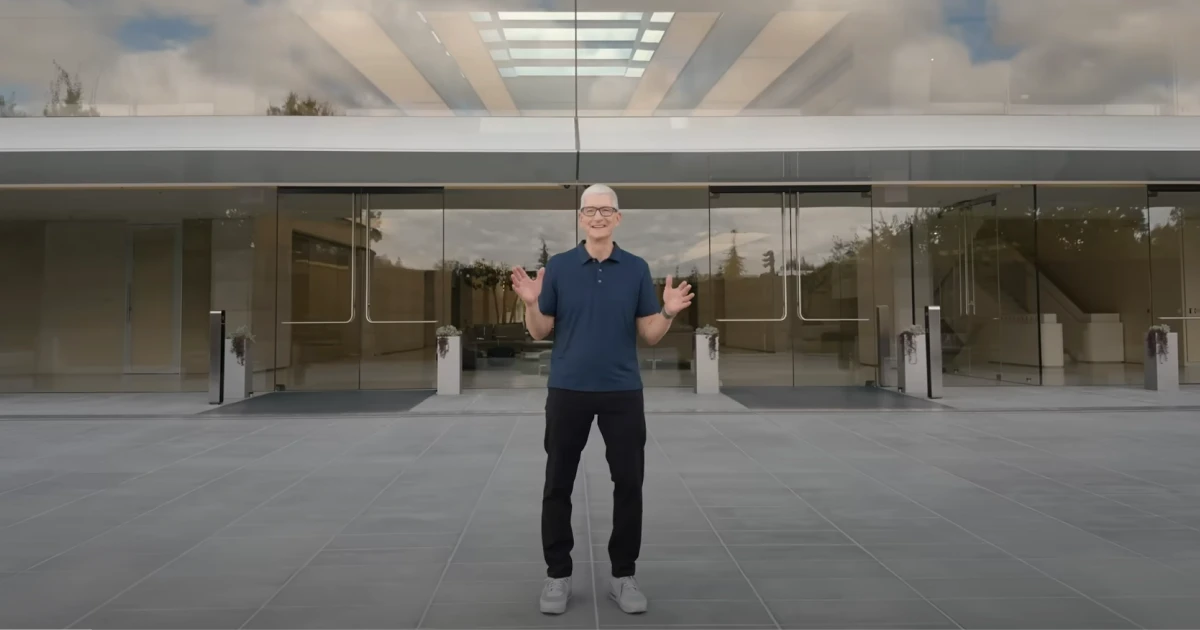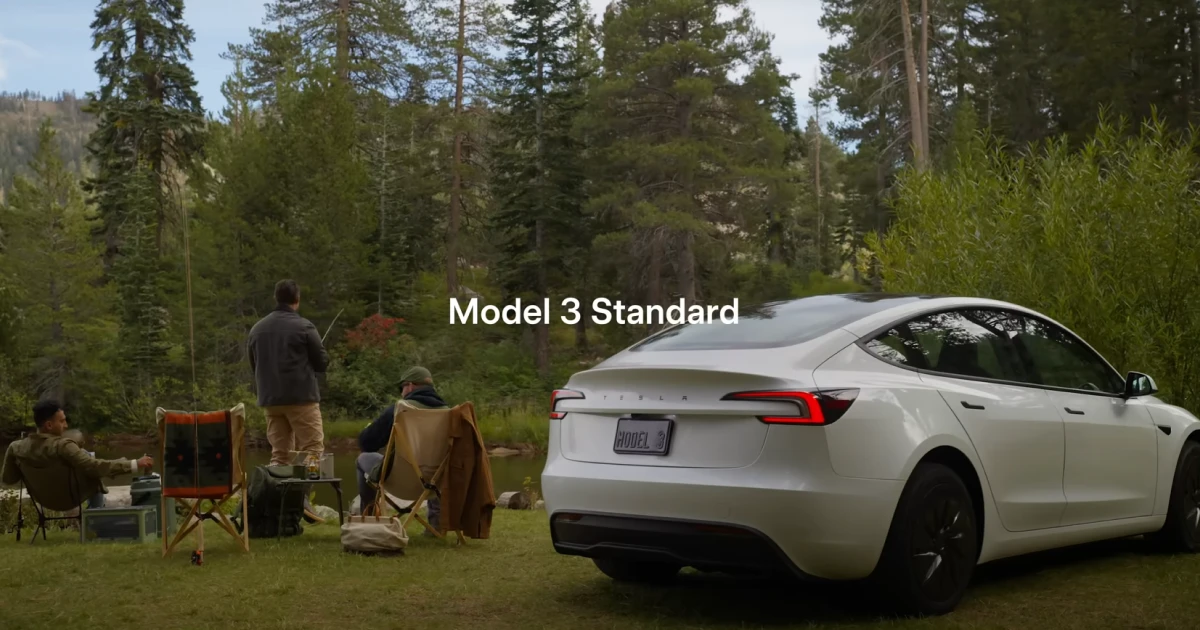Meet Our Guest

Emmett King, co-founder of Transylvania Angels Network, fuels innovation and angel investing, shaping the tech ecosystem with over 20 years of experience.
For Emmett King, entrepreneurship has always been about embracing challenges, leaping into the unknown, and staying in the loop of constant evolution. This American-born entrepreneur and angel investor co-founded ten companies across eight industries in the US before relocating to Europe in the early 2000s.
Today, he is one of the driving forces in the startup ecosystem, serving as the co-founder of Transylvania Angels Network (T.A.N.) and supporting innovation across the country.
Small Steps that Count
King’s entrepreneurial roots trace back to childhood tasks, such as snow shoveling and paper routes, yet his career trajectory was marked by diversity. “I joke, I like to be the stupid guy in the room who has to force himself to learn… see how quickly I can catch up”, he added.
One of his strategies was to identify sectors where he could grow from scratch or capitalize on existing opportunities. “It was about opportunity and choice… I like the challenge of getting the rock rolling versus the continuity of running the operations day by day,” he explains.
His ventures spanned international logistics, waste management, recycling, real estate, and more. One standout experience was taking a waste management company public via a reverse merger on NASDAQ. “In one-third of the time for one-third of the cost … we were publicly traded… Reverse mergers happen. … It's a quicker and easier way,” Emmett notes.
Yet, it wasn’t without setbacks. “First lesson was to get things in writing… When somebody tells you that we can't put it in writing, then there's a problem.”
Six of those US ventures turned a profit, with some modest returns, one yielding a considerable profit, and another being acquired after going public.
A visit that changed everything
In 2000, a visit to Romania led King to remain there. “From a young age, I wanted to live outside the United States… the world is big,” he recalls.
A few years later, in 2003, Emmett made a life-changing move, relocating from the US to an Eastern European country, to fulfill a long-held dream: to live outside his country and to build something meaningful beyond profits.
Those values were instilled in his mind early on in his childhood, and he always emphasized purpose over profit. This led to King’s vision of entrepreneurship, seeing it as more than just a simple endeavor.
This relocation was more than just a business pivot; it was a cultural and personal reset, “I never thought it would be Romania”, he mentions. Previously, he had envisioned a sunny location closer to the US. Yet, he quickly saw the unique energy and opportunity in Eastern Europe.
His first Romanian venture, Adventure Camp, began as a children’s outdoor education initiative and later evolved into Adventure Inc., which offered training and team-building programs for companies.
Back then, founding a company in Romania was complex and time-consuming; over time, those hurdles turned into learning curves. The ventures may have started far from beaches and familiar systems, but they planted the roots for his deep involvement in the region’s entrepreneurial ecosystem.
The Birth of Transilvania Angels Network
In 2018, Emmett co-founded the Transylvania Angels Network, a community he had wished existed when he first relocated to the area. “I taught myself how to become an angel investor,” he says candidly, reflecting on his journey from a hands-on entrepreneur to someone willing to fund and trust others’ visions.
The creation of T.A.N., however, wasn't overnight. “Being an entrepreneur is you take the money from your left pocket, put it in your right, and if it fails, it's on you. But angel investing? You're handing that money to someone else.” It was a paradigm shift that forced him to research, learn, and lean on what he humorously calls his “Uncle Google.”
At the time, the local ecosystem lacked accessible pathways for small-scale investors. With few events and little infrastructure, King saw the need for community and education. So when he and Mircea Vadan met, the idea for T.A.N. sparked: “You’ve got five, six guys. I’ve got five or six guys. Let’s start a network.” And just like that, what would become a key node in Romania’s tech ecosystem was born.
“The network T.A.N. started with just one rule,” Emmett says. “No jerks allowed.”
In the early days, T.A.N. members primarily joined to learn how to become angel investors. But as the world changed — through economic shocks, a pandemic, and a war in neighboring Ukraine — so did everyone’s needs.
However, T.A.N. was never meant to be just a check-writing club; it was a space for calculated moves, informed debate, and collaboration. “Sometimes I’m too optimistic. Sometimes I’m not technical enough. That’s why the network matters.” The strength of the collective helps balance out blind spots and amplify insight.
At first, King didn't make any investments. I invested in Telios Care at the same time we were creating T.A.N., but that was through a private placement.” A year later, Telios was ready for public praise, and T.A.N. created their first syndicate, which was the first startup to include investors from across Romania. “It was a good story for startups, for us, angel networks, T.A.N. and Telios,” he says.
What Startups Need to Succeed
The differentiator that sets Emmett apart is not just his entrepreneurial background, but also his investment philosophy, as well as his gut feeling and grounded practicality. “127% instinct,” he jokes, yet the emphasis is also on people, the team, the company structure, the product, and the market. “Most early-stage startups don’t have the statistics.” So, what do you evaluate? The team, their roles, the market, and their approach. You’re investing in people more than products.
And, it's not about unicorns. He believes in helping to create solid businesses, rather than chasing unbridled growth.
He praises founders who are “in love with the problem, not the solution.” The reason? Because clinging to your product blinds you, you can't see the bigger picture. How many customers have you talked to? Who said they’d pay? What price point makes sense? Emphasizing that true innovation starts with understanding the real need, not just pushing a ready-made answer.
King is also an advocate of mentorship. His approach is grounded in humility and honesty — traits that make him more of a guide than a guru. “Explain it to me like I'm a three-year-old, explain it to me like I'm your grandfather,” he’ll say. Yet, behind this is a profound message: founders should also seek clarity, be challenged, and need people who care enough to be honest with them.
“Entrepreneurship is hard. Failure is part of it. But if I can help them avoid just one of the thousands of pitfalls, it’s worth it.”
One of the philosophies he stands by is “fail fast, fail smart,” adding, “My first venture? I didn’t fail smart, but I did fail fast,”. He also goes further, saying that knowing when to let go is one of the toughest parts of being a founder: “Is everyone else wrong, or are you? You never know until you do.”
Young Minds, Bold Ideas
Looking ahead to his future, multiple sectors beyond tech, such as cybersecurity, blockchain, and quantum, excite him. “High school kids are at Innovation Labs now. That didn’t happen three years ago. Universities invite me to speak about startups and angel investing. That’s new.”
Emmett King also sees the culture shift unfolding around him: “Software continues to change every industry,” he says. “That makes investing interesting across the board.” But just as important, he believes in redefining career safety: “Working for a big company isn’t necessarily safer than starting your own. Companies go bankrupt, not just startups.”
Investing in the Future
Emmett also used to joke that he was a jack of all trades, master of none. However, this was before he read “Range” by David Epstein, leading him to say, “Now I say I’m a generalist,” he says. “And I think we need more of them.”
That perspective defines both his arc and his investment philosophy. In Romania, a country where real estate and crypto dominate investment portfolios, Emmett is a vocal advocate for angel investing, not just as capital, but as a contribution. He has backed 16 startups, sits on several boards, and continues to mentor founders across various sectors.
“It’s not just about money. It’s time for advice and business development. You can be a small owner but a big contributor.”
After all his work, Emmett says he wants people to feel like they can do what they wish to, to have a sense of possibility. It’s not just about the next big exit, but also the life lesson.
“Failure is not the end.” And you don’t have to do things the way everyone else does them. “There are people here who will help you. There’s mentoring, there are accelerators,” there’s a growing ecosystem.




